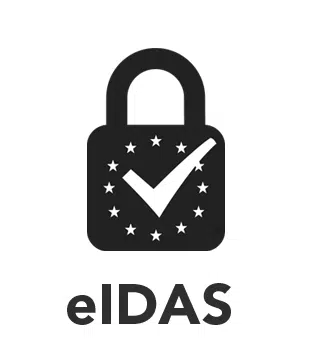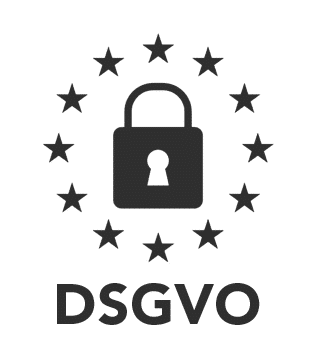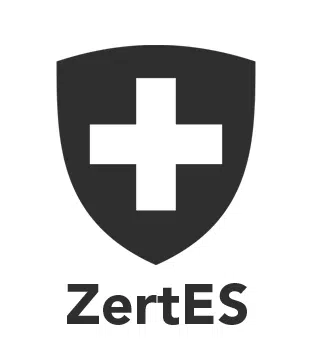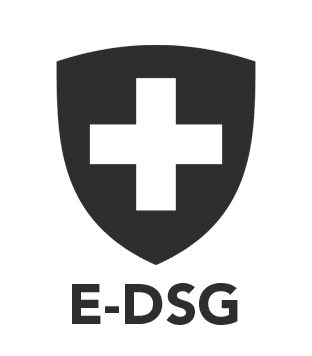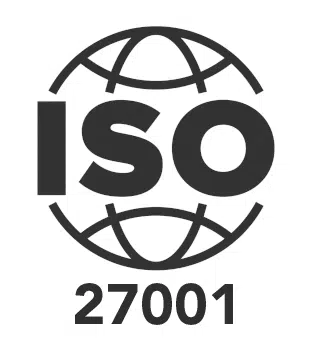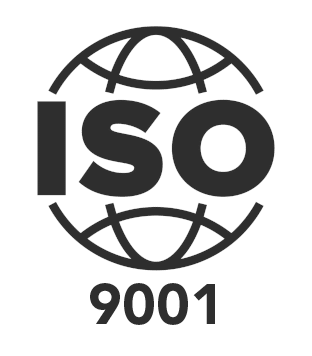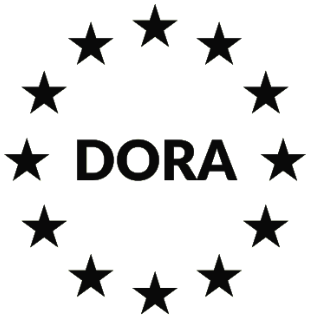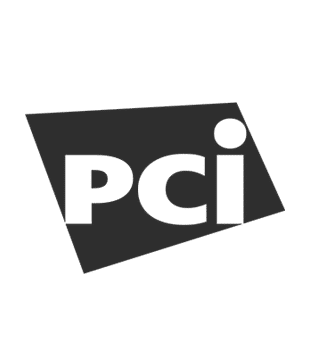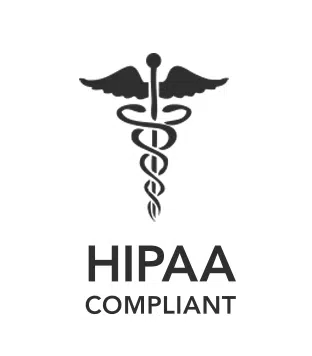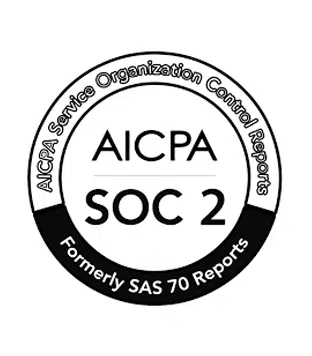Press Release 06/2021.
The electronic signature in Switzerland - Interview with Frank Schumacher
St. Gallen, 30.06.2021 – MOXIS and the electronic signature are conquering Switzerland. The country occupies a special role in Europe in many respects. The electronic signature is no exception. XiTrust Magazine spoke with Frank Schumacher, Sales Manager XiTrust Switzerland, about this.
XiTrust Magazine: Switzerland seems to occupy a special position within Europe with regard to electronic signatures. While the eIDAS regulation forms the legal framework for electronic signatures in the EU, Switzerland is going its own way with ZertES.

Frank Schumacher, former Sales Director XiTrust Schweiz
Most recently, a referendum on the E-ID resulted in a clear “no” to the privatization of the digital passport. What exactly was at stake? And: Is the result “typically Swiss”?
Frank Schumacher: This new law was intended to make it possible for every citizen to have a secure, unique electronic identity so that they could conduct electronic business securely. The result of the referendum was no surprise. The reasoning is that the technical implementation and operation was not sought exclusively by the federal government, but by private companies.
How would you assess the acceptance of the electronic signature among Swiss companies? Has anything changed here, as it has in Austria and Germany, for example, as a result of decentralized work with home offices in lockdown?
Schumacher: The awareness and the need for action are absolutely not yet present on a broad scale. Very often, signatures are made that do not comply with the law, such as by copying in signature images. The increased use of home offices is now shedding new light on precisely these issues of effective and sustainable working. The basis for this is the legally valid signature. In my discussions with decision-makers, new, decentralized forms of work are being openly discussed, as is the use of office space.
Like SMEs, the public sector could benefit considerably from electronic signatures. Critics claim that there is still a lot of room for improvement here in particular. Do you share this assessment?
Schumacher: In my opinion, the time is perfect for SMEs to invest in digitization …
Why?
Schumacher: Because the technological maturity is there and the products are easy to use. In terms of electronic signatures, the pricing is a lot cheaper than the paper version, and the acceleration of processes gives companies more flexibility. So we have a lot of room for improvement.
In which segments is the transformation on the Swiss market already further advanced, and where would more need to happen for Switzerland’s promise of quality as the world champion of innovation to be kept in matters of digitization as well?
Schumacher: In my observation, it is primarily the international companies headquartered in Switzerland that have paid heavily into their own transformation and are therefore also pioneers for digitization. Interestingly, healthcare, energy & utilities, and financial services lag behind. By the way, I find the finding that the age of the management is related to the degree of digitization not entirely unexciting.
Where do you see concrete need to catch up?
Schumacher: One example: People like to invest quickly in simple transformation projects such as employee training. It is part of good practice. In contrast, investment in changing business models or adapting to customer collaboration is very cautious. Here, it makes sense to conclude contracts with customers, partners and employees electronically and in a legally valid manner, and thus to take the first simple step toward process transformation.
Some protagonists on the Swiss market still see open questions regarding the legally binding nature of electronic signatures. Why can MOXIS in particular provide a remedy here, if one is also thinking, for example, of legally binding corporate alliances?
Schumacher: It is important in each case to understand where the point of the question lies. The fact is that electronic signatures will very quickly become a must-have for companies …
Why?
Schumacher: Because it is legally binding and supports effective, up-to-date business processes. Recognizing and building new digital business models is a very high priority for many companies. In many cases, this requires new and flexible alliances in order to be able to test the market easily and quickly. With MOXIS, we ensure that liabilities and constantly changing requirements are easily processed.
There is no product on the Swiss market with the same bandwidth and legal certainty in the area of electronic signatures as MOXIS. How do you view this market segment in national and international comparison?
Schumacher: No, according to my market scan, there is no other provider that can offer a comparable level of complexity. Especially for Swiss requirements, other global providers are not able to meet the legal certainty – coupled with the depth of integration. Another point I see is the professionalism and speed of XiTrust, which simply solves the national conditions in Switzerland and combines them with the EU regulations. Whether in the cloud as a SaaS offering
Contact.
Press
[email protected]
